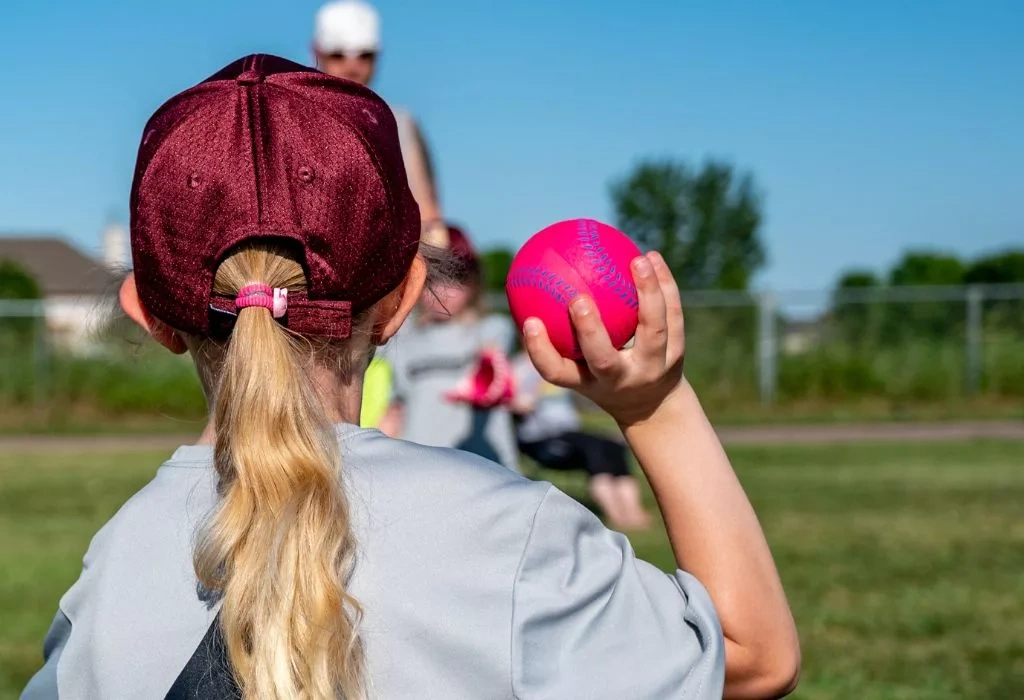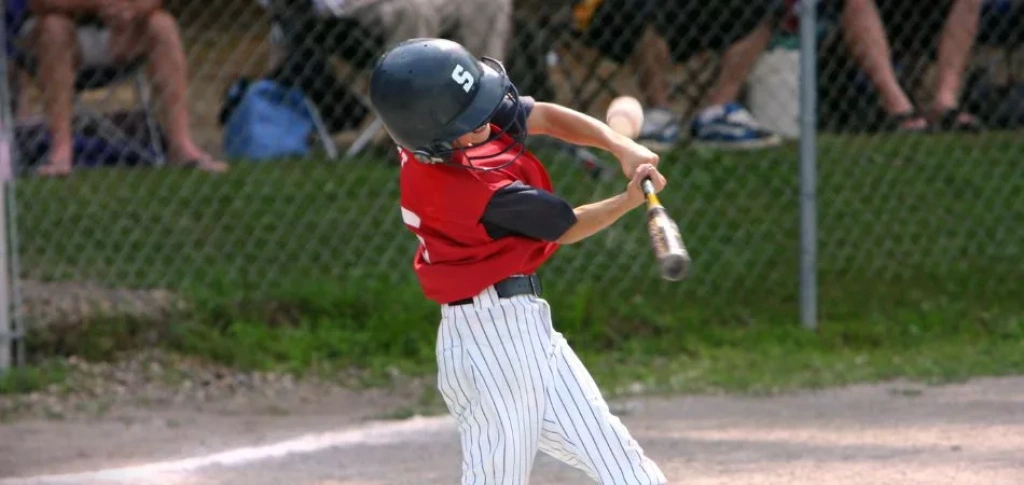How to Coach Softball: Coaching Tips for Any Level

Coaching youth or high school softball teams is not just about having a vast knowledge of the sport; rather, it is about instilling the right mindset in players, encouraging teamwork, and empowering your athletes to play to the best of their abilities.
Splash into our softball coaching guide to uncover valuable information that will enhance your training as a professional or youth softball coach.
How to Coach Softball Effectively
Develop a Coaching Philosophy
Coaching styles will adapt according to the age and skill level of your players. Beginning with the youth sector, use a more skill-based coaching approach (help players master fundamentals) and emphasize developing a love for the game.
Teach Softball Fundamentals
Always consider teaching or re-teaching softball basics. Mastering these softball fundamentals will be essential to your player's success and continual improvement. Use softball drills and repetition to reinforce basic skills consistently. Ensure proper technique is used to avoid players building bad habits and to prevent injuries.
Incorporate Advanced Softball Techniques
Once fundamental softball drills are mastered, advanced techniques like situational hitting and defensive plays can be introduced. These skills prepare your softball players for higher levels of the game and give them a competitive edge.
Build Confidence in Players
Mental toughness is as important as physical skill. Help players develop confidence and handle pressure situations. Use visualization, positive reinforcement, and stress management to build mental resilience. A mentally prepared team stays focused and performs well under pressure.
Build a Pre-Game Routine
Effective softball game-day preparation impacts performance. Create a routine pre-game with warm-ups, skill training, and mental preparation. Develop and communicate strategies, ensuring your softball players understand their roles. Proper pre-game preparation will instill confidence and readiness for your team.
Be Agile
In-game coaching involves quick decisions and adjustments. Stay attentive and analyze the opposition’s tactics to make informed choices about substitutions, batting orders, and defensive alignments. Effective in-game coaching can turn the tide and lead to victory.
Provide Athlete Feedback
After each game, analyze performance thoroughly. Review challenges and successes to determine your softball players' areas of improvement. Be sure to provide constructive feedback, highlight strengths and weaknesses, and offer guidance. The post-game analysis is critical for continuous player improvement.
Tailor Your Coaching Style
Coaching styles will adapt according to the age and skill level of your players. Beginning with the youth sector, use a more skill-based coaching approach (help players master fundamentals) and emphasize developing a love for the game. For high school or college coaching, introduce advanced techniques.

Handle Challenges
Coaches will face challenges like injury management or player motivation throughout their careers. Develop comprehensive injury prevention and management plans, including proper warm-ups. Keep players motivated with achievable goals, positive reinforcement, and a supportive environment.
Celebrate Team Successes
As a softball coach, you set the tone for your athletes' coaching environment. Players appreciate an environment where their victories, small or big, are celebrated. Such praise encourages more hard work and dedication for the team and gives softball athletes a sense of accomplishment.
Balance Fun & Competitiveness
Sports are meant to be fun, but a sense of competition needs to be instilled. Too much of anything can be detrimental, so ensure that all practices and games are enjoyable for everyone while stating that being part of a team entails a serious side, as well.
Looking For an Easier Way to Evaluate Softball Players?
Using SkillShark, you can easily score softball players using your smartphone or tablet. Once your evaluation is complete, instantly gain access to player reports. Review player data and draft teams on the same day!

Lucy Jakoncic
Lucy is a strategy and results-driven e-commerce & digital marketer, equipped with her BBA in Business Admin & Marketing. She brings in knowledge and experience from both startup and corporate environments. Aside from her professional pursuits, Lucy is an admitted sports fanatic, she feeds her addiction through active involvement and her passion for the sport of MMA. Her sports-minded entrepreneurial spirit has been a strong addition as both a writer and marketing strategist at SkillShark Software Inc.



